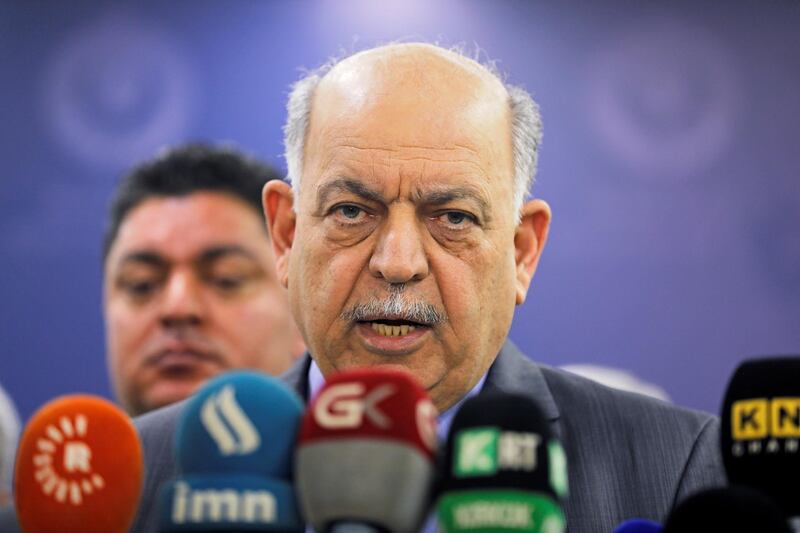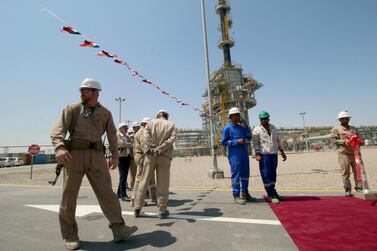Iraq, Opec’s second largest oil producer, will look to increase its refining capacity, damaged by decades of war, by turning its head to the Asian market, according to the country’s energy minister.
There was a “crucial and urgent need” to bolster downstream capacity to stop its increasing reliance and demand for imported refined crude, said Thamir Ghadhban, who is Iraq’s deputy prime minister.
Despite being a key producer in the Middle East, with refining engineering pre-dating its Gulf peers, Iraq’s downstream capabilities have remained stunted, due to US sanctions during the Saddam era, which led to a brain drain of energy talent as well as years of conflict.
The country’s refining capacity steadily declined during the last decade, when the government’s priority remained on increasing the country’s production capacity. Refining capacity for 2018 was 859,000 barrels per day, a 10.3 per cent increase over the previous years, according to the latest BP Statistical Review of Energy. Now Iraq is looking at foreign downstream assets, to refine and sell crude closer to its markets.
The energy ministry is “finalising further studies in having shares in refineries located in the Asian market” as it looks to “secure stability to (the) demand for Iraqi crude oil,” Mr Ghadhban told London’s CWC Iraq Petroleum Conference.
Since reviving production, Iraqi crude has managed to gain marketshare in big buyers such as India, where it overtook Saudi Arabia to become the country’s primary source for crude. Iraq has since set up an oil marketing arm to offer better deals to its customers in Asia.
Domestically, Iraq is focusing on upgrading existing refineries, many of which were damaged during the ISIS offensive, with some already contracted to local private companies said Mr Ghadhban Demand for refined products was growing “drastically” leading to a surge in gasoline imports he added.
“This sector is also a challenge, a challenging sector and so far we have been less than successful in building a viable refining sector,” he told the audience.
‘There is a crucial and urgent need to launch new refining projects to respond to those growing needs and to put an end to the imports of products. However, building an attractive investment model for new refineries has been less than satisfactory,” he added.
The government is also set to roll out an incentives programme to encourage investment into the downstream sector.







